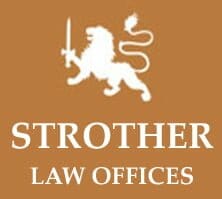Land Use and Zoning Law
By Philip Carter Strother and Andrew E. Tarne
Since the early days of nuisance law, but especially since the early twentieth century and the validation of zoning ordinances, land use planning and management have been fundamental roles of local government. As evinced by its state code, the Commonwealth of Virginia recognizes the essential role that localities play in land use planning. The Virginia Code requires that localities create planning commissions, adopt comprehensive plans, and, if the localities have adopted zoning ordinances, establish boards of zoning appeals.4 As most of the implementation of these mandates is left to individual localities, the form of implementation is not uniform but naturally varies from county to county and city to city.
Despite the idiosyncrasies from county to county, local ordinances and institutions must not contradict state-level legislation and judgments. In Virginia, which follows Dillon’s Rule, the state government has the ultimate control over land use matters.
Localities, essentially, may not exercise power other than that granted by the Virginia General Assembly. This restriction is of special importance in the field of land use and zoning law as the restriction prevents localities from limiting development more strictly than permissible under the Virginia Code. The application of Dillon’s Rule in Virginia is the source of much litigation in the field of land use and zoning law as property owners challenge localities that the owners believe have passed ordinances inconsistent with the Virginia Code. The Virginia court system, therefore, also plays a paramount role in influencing and interpreting land use and zoning law in the Commonwealth. This article highlights selected developments in various areas of land use law that have emerged from the General Assembly and the Supreme Court of Virginia over the past three years.
Read the full review here.
